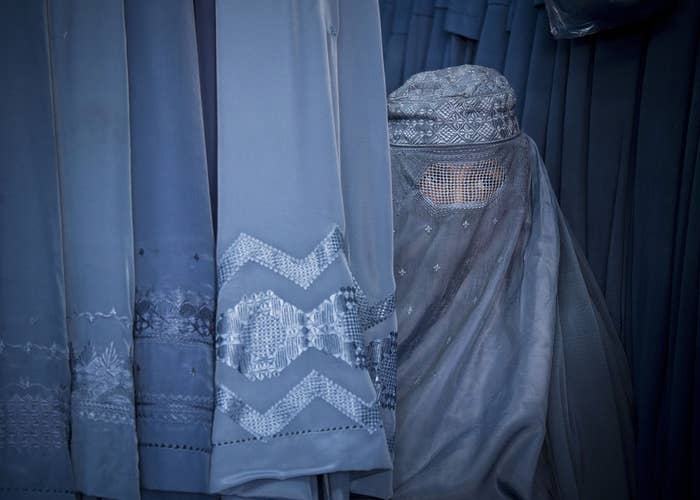
Few women in Afghanistan are turning to the justice system after they are the victims of violence, avoiding perceived corruption, abuses of power, and lengthy proceedings, according to a damning United Nations report released Sunday.
Instead, women are choosing mediation with the men who have abused them, a process that is less standardized and can result in continued violence, according to the the report by the U.N. Assistance Mission in Afghanistan.
The report followed 110 women from around the country through the Afghan judicial system and mediation process. The U.N. review aimed to gauge the effectiveness of 2009's Elimination of Violence Against Women Act, a law that for the first time provided legal protections for women facing abuse at the hands of a family member.
Though criminal prosecution is now available, most women seek mediation, the U.N. report said. Instead of seeking punishment for their abusers, the women instead hoped to secure a violence-free environment or custody of their children.
"Women's economic dependency on male family members often constituted a deterrent to seeking criminal sanctions as the imprisonment of the perpetrator, when a family member, would automatically cut off women's financial support," the report said.
Non-governmental organizations provide shelters for abused women, but there are few longterm solutions for independent, safe living arrangements, the report continued.
Among the U.N.'s recommendations were allowing women to obtain restraining orders, as well as for the law to regulate custody and child support.
"Unless these concerns are duly and quickly addressed, women survivors of violence remain in extremely vulnerable positions, with few options available to escape from abusive situations," the report said.

Women often favored mediation as a more culturally acceptable system that was also more accessible to them.
The outcome was often acceptable to women, but the U.N. report said there were some concerns whether the process met human rights standards. In a handful of situations, women were forced into mediation. Others were not allowed to be physically present in mediation discussions. Out of 25 cases that had completed the mediation process, about half saw perpetrators not honoring the mediated agreement.
The U.N. recommended more follow-up of mediation agreements and that they are carried out within a legal framework that uphold human rights norms. The report also recommended requiring criminal prosecution of the most serious cases of violence.
"The most prevalent outcome of mediation proceedings observed was reunification of the woman with her alleged perpetrator to preserve the family unit or social cohesion," the report said.
